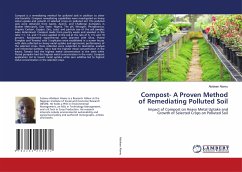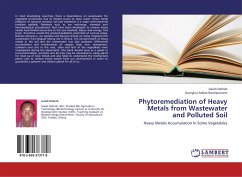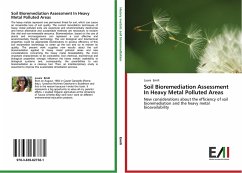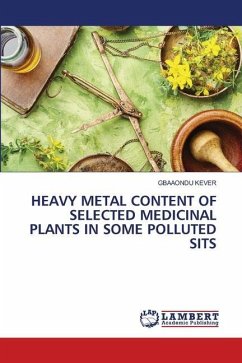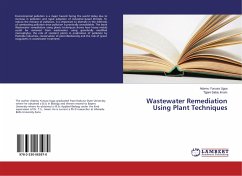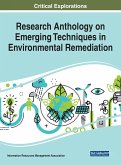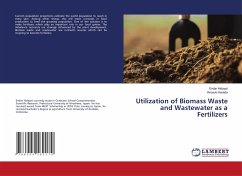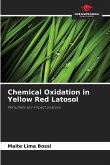Compost is a remediating method for polluted soils in addition to other vital benefits. Compost remediating capabilities were investigated on heavy metal uptake and growth of selected crops on polluted soil. The polluted soils were obtained from Apete, Aperin, and Challenge dumpsites in Ibadan Metropolis, Oyo State, Nigeria. The pH, Nitrogen, Phosphorous, Organic Carbon, Copper, Zinc, Lead, and particle size of the soil samples were determined. Compost made from poultry waste and sawdust in the ratio 1:1, 1:2, and 1:3 were applied to the soil at the rate of 5, 7.5, and 10 percent. Randomized experimental units (planted with Okra, Fluted Pumpkin and Tomato) with 3 replicates were established in a screen house with data collected on heavy metal uptake and agronomic performance of the selected crops. Data collected were subjected to descriptive analysis and inferential statistics. Okra had the highest metal concentration in the leaves, Tomato had the highest metal concentration in the stem while Fluted pumpkin had the highest metal concentration in the roots. Compost application led to lowest metal uptake while zero additive led to highest metal concentration in the selected crops.
Bitte wählen Sie Ihr Anliegen aus.
Rechnungen
Retourenschein anfordern
Bestellstatus
Storno

